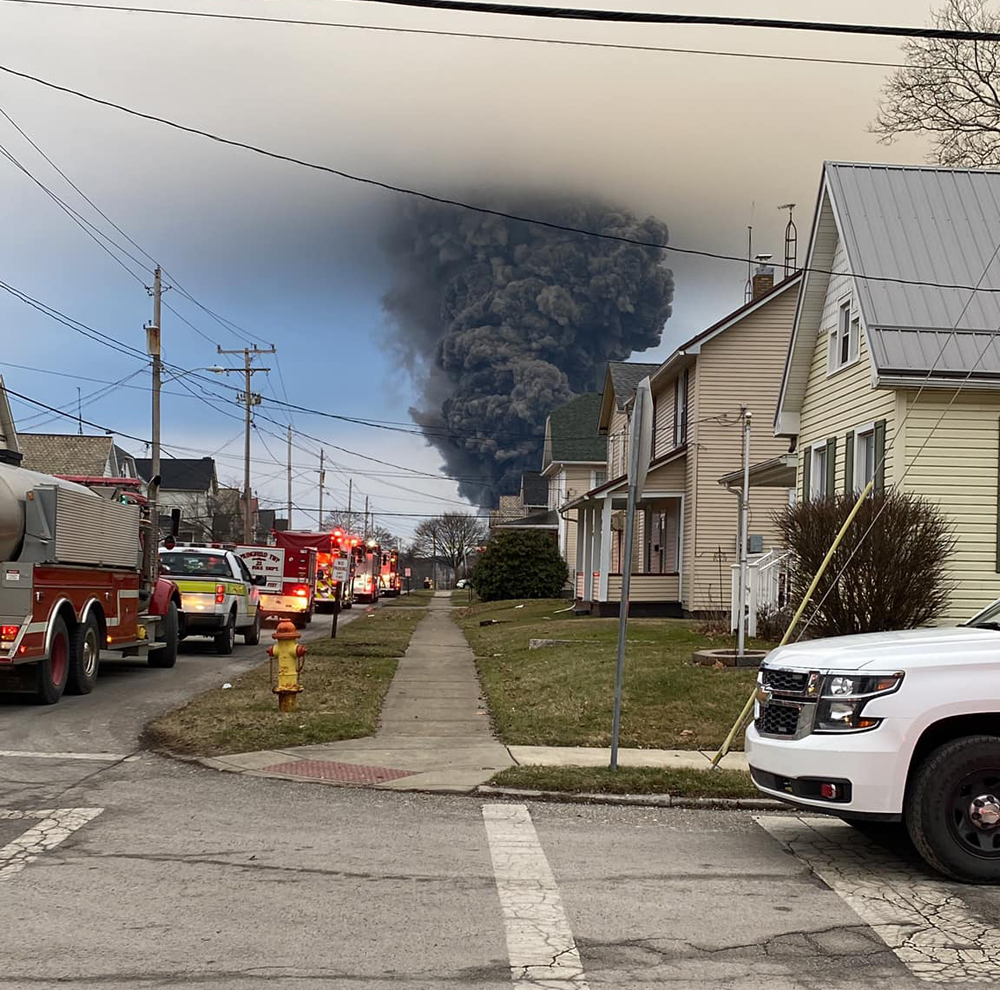
All the positive freight railroad safety statistics in the world — like more than 99.9% of hazardous materials shipments arriving without incident — can’t overcome that image of a towering column of black smoke rising from East Palestine, Ohio.
The toxic cloud from the Feb. 3 Norfolk Southern derailment did far more than upend 4,700 lives in East Palestine. It made people in trackside cities and towns across the U.S. wonder: What if that happened here? And an intense media spotlight on subsequent derailments has made it seem like no one can keep their trains on the rails.
So now there’s a rush in Washington to introduce more stringent railroad safety regulations. Instead of following the data and waiting for National Transportation Safety Board recommendations, politicians want to show that they are doing something to make railroads safer.
High-profile railroad disasters always lead to new safety rules. What’s different about East Palestine is that it has prompted a raft of proposed regulations that seem to have nothing to do with the wreck.
The NTSB said the derailment was caused by a wheel bearing failure. In its preliminary report, the board also said the train crew did nothing wrong, there’s no evidence of track problems, and the hotbox detectors on the route were working as designed.
The Rail Safety Act, introduced by Ohio Sens. J.D. Vance and Sherrod Brown, would regulate wayside defect detectors for the first time, expand handling rules for trains carrying hazardous materials, and require railroads to provide first responders with more funding and real-time data on hazmat shipments. These are logical responses, although an argument could be made that installing wheel bearing sensors on freight cars is a far better solution than adding more hotbox detectors.
The bill also is a legislative grab bag. It would require a train crew of at least two people, cap train length and weight, set minimum times for freight car inspections, outlaw blocked grade crossings, and increase fines on railroads that violate safety rules. No matter what you think about the merits of these proposals, they won’t prevent wheel bearing failures.
Nonetheless, bipartisan momentum is building for the Rail Safety Act.
Railroads shouldn’t be surprised that they have few friends in Washington. The industry has given itself a black eye since 2017, when railroads began a wave of massive layoffs while implementing the low-cost Precision Scheduled Railroading operating model. Since then railroads have been criticized for everything from service problems to multi-billion-dollar share buyback programs.
Because of this, East Palestine has played into two narratives.
First, it’s an “I told you so” moment for rail labor. Union leaders have been warning that railroads are no longer putting safety first — and that job cutbacks would lead to disaster. East Palestine could be the start of a trend, but safety statistics have gotten better overall, not worse, since 2017.
Regulators and lawmakers need the valuable insider’s perspective that rail labor can provide. But unions lose credibility when they try to tie every single derailment to PSR. Labor leaders would be wise to stop overplaying their hand.
Second, politicians see railroads as modern day robber barons who oppose safety regulations. All they care about is profits, and the public be damned. The railroads reinforced this view by continuing to push for taking conductors out of the locomotive cab at a time when safety is under the microscope.
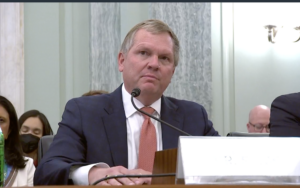
It’s understandable that lawmakers have made NS CEO Alan Shaw the industry’s punching bag. NS has taken a beating over the derailment and invited criticism with its early response, which was clumsy and flat-footed.
Yet NS has gotten no credit for Shaw’s promise to “make things right” in East Palestine, his personal donation of $445,000 to start a scholarship fund for the town’s high school seniors, or the safety steps the railroad has taken since the wreck.
The know-nothing politicians ignore the fact that despite not being required to do so, railroads have invested billions in the wayside defect detector network as well as new track and train inspection technology. Also lost on the politicians: Railroads have a financial incentive to reduce derailments. A safer railroad is a more efficient, lower cost, and more profitable railroad.

But it’s clear that railroads can and must do far better at preventing derailments. The train accident rates at NS and Union Pacific are roughly four times higher than that of industry leader Canadian Pacific. There’s no reason that gap can’t be closed — and quickly.
You get the sense that East Palestine was a wake-up call for the industry. Still, the Ohio disaster and subsequent derailments have put railroads under a cloud of suspicion that’s likely to linger.
You can reach Bill Stephens at bybillstephens@gmail.com and follow him on LinkedIn and Twitter @bybillstephens






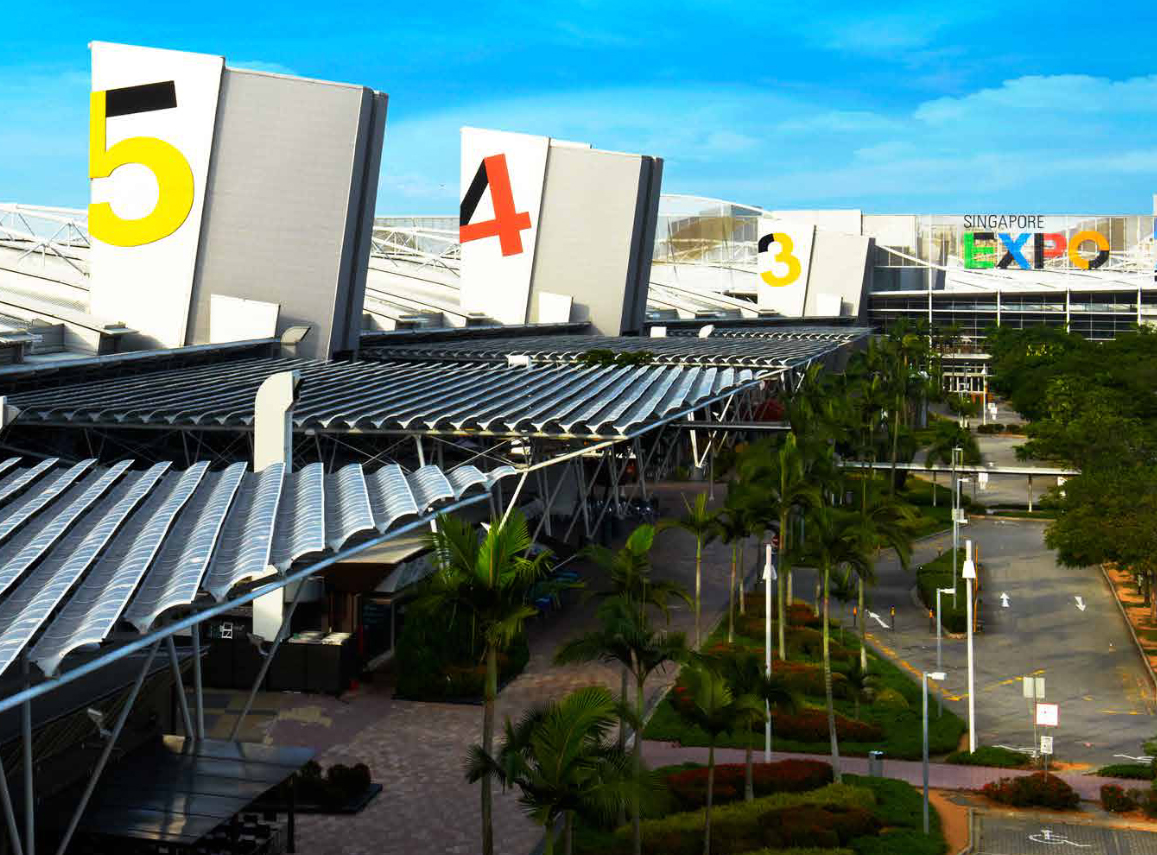
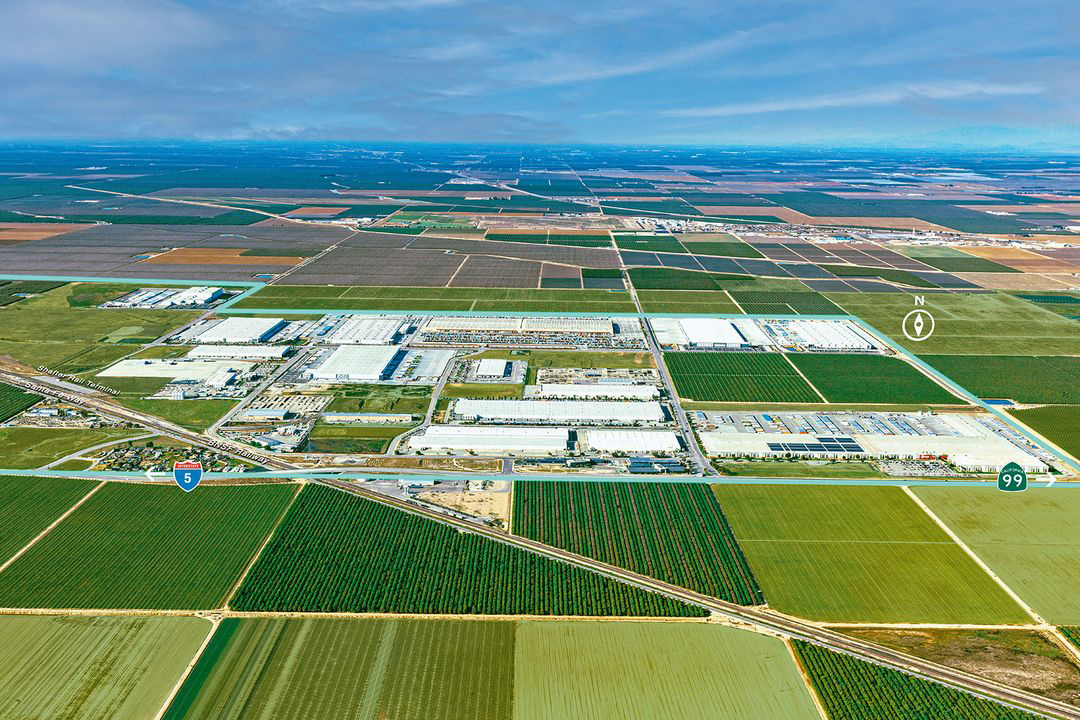
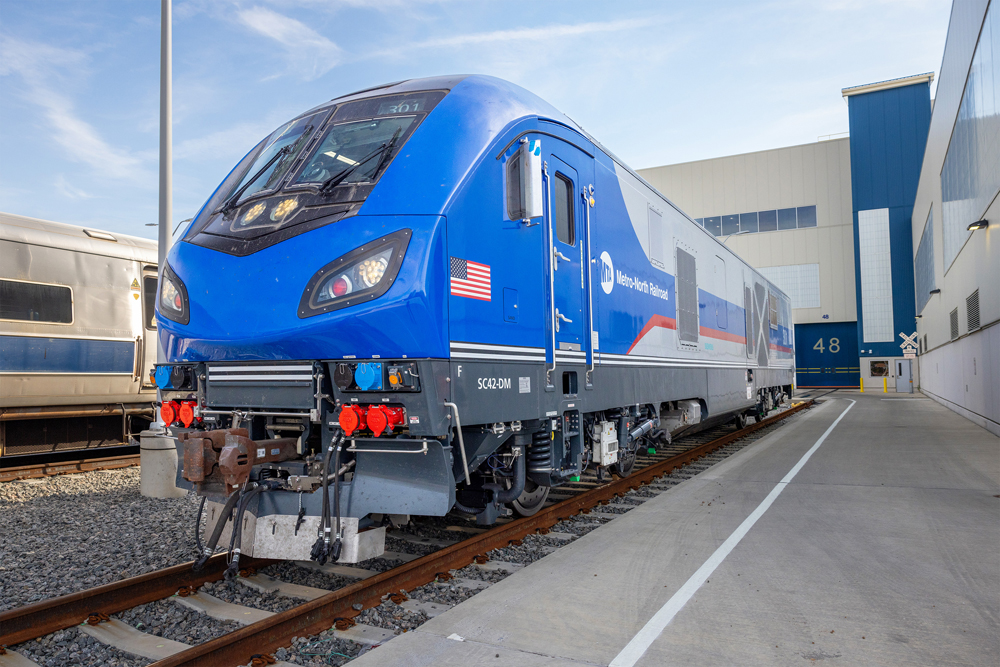
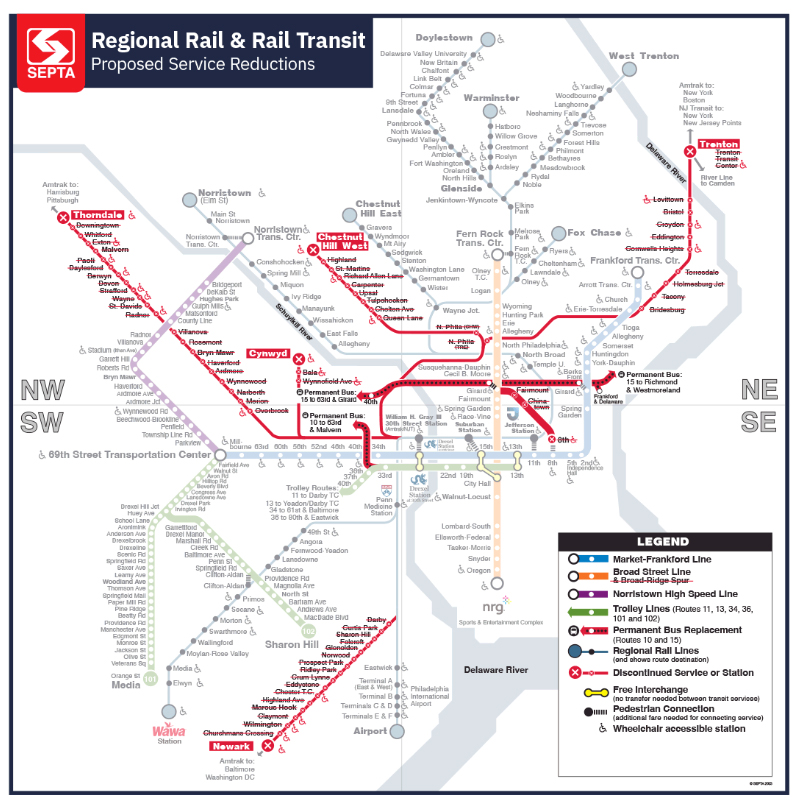




First, yes Bilkl Stephens didc make one important recommendation, not bincludedvin the politician’s “safety efforts.:” freifgtcar bearing-problem detectors. Nothing rocket-science about this, temoperrture and/or acoustic devices. Bearing-failure prodeces a particular kind-of-sound, that can be filtere4d for recognition outside other trsain and random noises, and a local temperasture far exceeding any posdsible weasther.
Second, let us be realistic. Precision means accuracy in all, respects. This is far from whast real railroads under “PSR.” Washat they are doling is cAsett Utilizationb Railroading, and it should vbe call.ed that if reports and articles wish to be fairt. To call ikt “Precision Scheduled Railroading” isd “War is OPeace” sort of propaganda, and I casll on Trains’ Editors to henceforth put it Quotation bmarks. Short L<ines and regionalsd and possibly BNSF still to some deegreer practice Customer-Responsive Railroading. I hope the others return to that.
NS derailed five cars in Pittsburgh. Looks like empty gondolas.
The TV news story led “Norfolk Southern has ANIOTHER derailment…”
You write “The train accident rates at NS and Union Pacific are roughly four times higher than that of industry leader Canadian Pacific. “. I am always suspicious of statements that list ratios, like “4 times greater”. What is the base from which this comparison is made? Is the ‘train accident rates” you mention for derailments only? Reportable FRA derailments? Injuries?
My point here is that reporters should be more precise. Show us the numbers!
And then you say “But it’s clear that railroads can and must do far better at preventing derailments. ” Let’s list how. Maintain track better? EP was not track related. Maintain equipment better? What would you suggest about maintaining roller bearings? Crew size? Well, supposedly there were THREE people in the cab. The Flaming Bearing was 23 deep. And none of the THREE saw it?
Bill: please be more precise in your writings. “Don’t complain. Fix.” Suggest a solution!
Mr Fuller, Stephens and they other Trains “columnists,” past and present, have provided warnings and suggested solutions on many occasions. However, just like the recommendations of the NTSB, they have fallen on deaf ears.
Perhaps Trains could provide a special issue about the “problem” its causes and what can be done about the plethora of solutions that could be put to bear on the issue of big derailments and their dangers besides, as you seem to think is just “complaining by Bill Stephens, Bob Johnston, Brian Solomon, former Trains columnists Fred Frailey and Don Phillips and a host of other writers who have cajoled the railroad industry to quit talking and start doing since I have been a subscriber for the last 28 years.
The problem lies with what Andy Sammonds wrote below, that “Current railroad management has shown zero interest in actually trying to run a railroad, only short-term gains to please Wall Street.” They will continue to run the status quo until forced to change which has been the operating model of the last 20 years…
Current railroad management have shown zero interest in actually trying to run a railroad, only short-term gains to please Wall Street and pay into their hedge funds. The recent spate of derailments is proof that they intend to go about this by neglecting basic maintenance.
Nationalization is the only logical solution.
We all know how unsafe and dangerous our highway system is…hundreds of folks getting killed or seriously injured every hour of the day on the highways. Yet nobody mentions or makes a case about this. It is as if we learn to accept injury and death as a normal occurence on our highways and neighborhood streets for both drivers and passengers and the pedestrian trying to cross the street safely.
Listen to the daily traffic reports on the radio or TV about jackknifed and overturned trailer trucks and there is also plenty of reports of spilled chemicals and materials leaking out onto the highways as a result of these accidents. But of course nothing is ever brought up about these incidents. If we are going to talk about making freight trains more safer, we need to include the trucking industry and automotive industry about making things safer on our highways as well
Joseph C. Markfelder
” It made people in trackside cities and towns across the U.S. wonder: What if that happened here? And an intense media spotlight on subsequent derailments has made it seem like no one can keep their trains on the rails. So now there’s a rush in Washington to introduce more stringent railroad safety regulations. Instead of following the data and waiting for National Transportation Safety Board recommendations, politicians want to show that they are doing something to make railroads safer.”
So are all these players going to want sweeping changes when an airliner from Kennedy crashes in a New York City neighborhood shortly after takeoff because of a micro burst, wind-shear or wing wake vortex that threw it out of control and killed everyone onboard plus devastated a complete residential block, killing people on the ground in the process? That very thing that happened to American Airlines Flight 587 in Belle Harbor, Queens, in Nov 11, 2001, killing 260 on board and 5 people on the ground. Or what about when a meteor falls out of the sky, hitting a house and killing everyone inside. Or what about an underground gas main that ruptures and explodes destroying several city blocks either by the explosion or the resulting fire and killing hundreds. And what about…. you come up with the scenario.
The point is, in East Palestine, no one was killed nor housing destroyed. Yes it was a terrible experience. Unfortunately we live in a world where we can not control everything that could harm us. Do we quit living in fear or do we accept that one day something could happen that we will not be able to stop and go on with our lives as we have at all times in the past.
We should do what is reasonable to control the uncontrollable and mitigate the controllable. But to demand answers things that have not yet happened or take on an almost doomsday mentality about any possible problem is not reasonable or logical. You have a greater chance of being killed on the highway, but do you quit driving? No, you weigh the risks and keep going.
Train wrecks will happen, planes may fall from the skies, pileups will happen on the freeways, weather (rains-floods, tornadoes, hurricanes, super-storms, blizzards) and earthquakes will happen. Those who have a plan for these situations will adapt and survive. If you can’t live with that, then move to a location where you feel safer. Chances are the railroad tracks, airports, roads and other hazards were there before you or even your town was built. But the facts are these: Hazardous item have to move somehow.. Either on the rails at relatively low speeds through populated areas or on the nations roads in even greater number at even higher speeds… Anyway you look at it, its Russian Roulette. We weight the risks and keep on living our life. For me, the alternative of living my life in fear is unacceptable.
The East Palestine wreck was preventable. It was not an act of God. It is reasonable to expect class 1s handing toxic cargoes to have adequately staffing, line side detectors and best practices to respond to alarms, transition to ECP braking and electronic detection of incipient failures. It US incorrect to conflate discretionary management cost cutting decisions (see Bill Stephens May interview with Shaw) that impact worker or public safety with acts of God. God, after all, didn’t cause the wheel bearing to fail, nor did God tell anybody to ignore the 2 warnings before East Palestine.
Thank you Greg. All I was saying is that S**t happens and unless people are willing to put their fear aside to an extent and start influencing those who can make a change possible, nothing will ever change.
Believe it or not, I believe God has little to do with most of what happens on this planet. I believe he expects our leaders to teach correct principles and then let the people govern themselves. Unfortunately there is always a powerful minority who believe that their impositions on the majority is more important and that is exactly what the actions of the Class 1 railroads are amounting to. They think if a few people get injured or lose their property and they can pay them off, all is well. Its the “Robber Barons” all over again, except instead of horse and buggies or Model T’s, they arrive in $5000 designer suits in a chauffeured Mercedes Benz, SUV or private jet.
The more things change, the more they stay the same…
Can we suspect that Shaw will soon be leaving NS. He may be blamed for all the Class is having to spend a lot more on this article’s points. The interlocking ownerships by the large holders of RR stocks are going to feel the pinch.
“The bill also is a legislative grab bag. It would require a train crew of at least two people, cap train length and weight, set minimum times for freight car inspections, outlaw blocked grade crossings, and increase fines on railroads that violate safety rules. No matter what you think about the merits of these proposals, they won’t prevent wheel bearing failures.”
Yes, I do think those things need to be done. And your point, Mr. Stephens is what…?
The best suggestion is wheel bearing sensors, as this is the preliminary area of failure. In years past, this technology was not available. I would think it is now. That is where the efforts need to be. I want business to seek ways to be more efficient. Did PSR in Canada cause such problems? And no business seeks to cause awful accidents. Well said Mr. Stephens.
In this case bearing failure was the preliminary causal reason, but what about shelling or other hidden defects in track, metal fatigue, corrosion or other issues not easily spotted in rail cars? PSR is not the cause of these just like diabetes is not the cause of people dying even though diabetes is the leading cause of heart disease and kidney failure, the leading causes of non- accidental deaths.
With the ever longer trains “justified” by PSR principles and the corresponding reduction in employees to monitor these failure points, all parts of lowering the golden calf known operating ratio, when does safety trump the notion of profits at all costs (ie; regularly scheduled maintenance, employees to do the work and enough crews to keep the railroad fluid)?
Where railroads and their investors are concerned, “we have found the enemy and he is us!” Please provide documentable evidence to the contrary…
Sorry,, my question should have been appended to Mr. Webb’s comments.
“Did PSR in Canada cause such problems? ”
Actually, yes it did plenty (mostly on CN in the early years of Harrison). It didn’t have that much a measurable impact on safety, but it led to numerous service disruptions (especially in our cold Canadian Winter), a general drop in employee morale, the loss of plenty of railroading knowledge and talent, and mounting shippers dissatisfaction.
Today, CN is carrying far less trafic on most of its network than it did 20 years ago, and this it would be very apparent had CN not purchased WC or served the new container port at Prince Rupert to make up for the losses.
The current situation is of the railroads own making. I know railroads take safety seriously. I lived it. Railroads focus employee injuries, which are very costly because of the legal environment railroads have (also of their own making) and reducing some portion of mainline derailments. There is no motivation to seriously get to 0 mainline derailments because they are rarely reputationally-expensive.
Compare that to US domestic airline industry. Airlines have much higher employee injury rates compared to railroads, which is just as good a metric on their commitment to safety. However, they have virtually eliminated major crashes. No doubt litigation and regulation played a role, but no one likes flying an airline that can’t keep the planes in the air.
Hmmmm…. So, profits are “obscene”?
Workforce cut 39%, buybacks and dividends $18B, Squires comp $14M, Shaw $10M. It is on the eye of the beholder. How much is enough or too much?
“But unions lose credibility when they try to tie every single derailment to PSR. Labor leaders would be wise to stop overplaying their hand.”
I don’t recall such blanket statements made by unions. The fact of the matter is PSR is very likely the major factor driving derailments. On March 25, the Wall Street Journal published “What’s Behind Train Derailments and Are They Happening More Often”. The Wall Street Journal analyzed more than 20 years of federal data on accidents.
The most compelling 23 year graph was 4 major causes, Track Failure, Equipment Failure, Human Factors and Other. Two categories must impacted by PSR’s massive job cuts are Equipment Failure and Human Factors; both have increased since PSR and account for 60% of derailments.
East Palestine will become a rotted shell, even more of an industrial wasteland. So Alan Shaw donates less than 5% of his income to East Palestine high school scholarships. I suppose that is “nice”, but when you take home $10M a year, writing such a check is easy. Safety hadn’t been a component of NS executive compensation until now. What does THAT say about the primary responsibility of “safety detail.
The fact that Norfolk Southern has a “help desk” that orders trains onward to ignore hotbox warnings or fires employees for reporting safety violations (NYT reports there are over 200 on going whistle-blower compaints) indicates NS and the industry are clearly willing to risk public and worker safety. They are gambling that paying fines and settlements are less than avoiding derailments in the first place. I hope NS has to pay out a billion or more; executives only appreciate money and hit them where it hurts them personally.
We all know derailments are a rarity in Europe, Russia and China. It would be interesting if Trains Magazine would explore that in detail. Why should we tolerate careless practices in pursuit of obscene profits and compensation?
Amen
Well-written, Bill.
Great analysis, Bill.
Yup, excellent analysis. The only thing I would add to the article is our fear, as rail industry followers, that more chemicals will end up on trucks on the freeways.